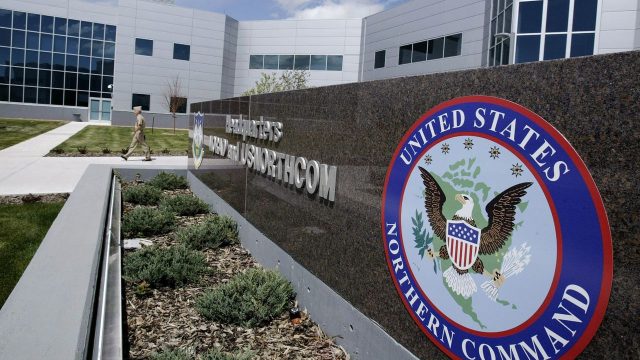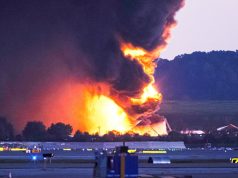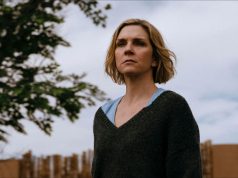
‘The future of US-Canada defense: A new NORAD for the digital age’
Andrew Latham at The Hill
Threats “come through data cables, computer networks and supply chains,” and we must “build a new continental defense architecture that defends that space as effectively” as NORAD “once defended airspace above the continent,” says Andrew Latham. For “Canada and the U.S., that means reimagining continental defense as a single, integrated system.” The “Cold War division of labor, with Canada patrolling the northern skies while the U.S. focused on nuclear deterrence, does not meet today’s threats.”
‘What if climate policy started with health — and grew the economy?’
Vanessa Kerry at Newsweek
In a “world with shrinking budgets and escalating climate impacts, we are still willfully ignoring the threat posed by climate change on our health,” says Vanessa Kerry. This “disconnect will cost us billions financially and in lives lost.” Health care “must be better integrated into climate policy because health is both the frontline experience of climate impacts and the foundation of economic growth.” Investing in “strong health systems” is the “best response to extreme weather.”
‘The bipartisan comfort with Islamophobia harms us all’
Erum Ikramullah and Petra Alsoofy at Al Jazeera
Islamophobia “spikes not after a violent act, but rather during election campaigns and political events, when anti-Muslim rhetoric is used as a political tactic to garner support,” say Erum Ikramullah and Petra Alsoofy. These “attacks also reflect a general trend of rising Islamophobia.” This “can lead to devastating outcomes for Muslims: from job loss and inability to freely worship, to religious-based bullying of Muslim children in public schools and discrimination in public settings, to even physical violence.”
‘As a palliative care specialist, I’ve witnessed the human tragedy of our end-of-life care crisis’
Rachel Clarke at The Guardian
For a “hospital palliative care specialist, abstract funding statistics take on daily, indelible form,” says Rachel Clarke. The “hard truth, in short, about underfunding palliative care is that people who are at their most vulnerable — the dying — suffer more pain, more indignity, less choice and less autonomy than they might have.” It “means that suffering at the end of life takes two forms: an inescapable part and an avoidable part.”
Opinion, comment and editorials of the day






